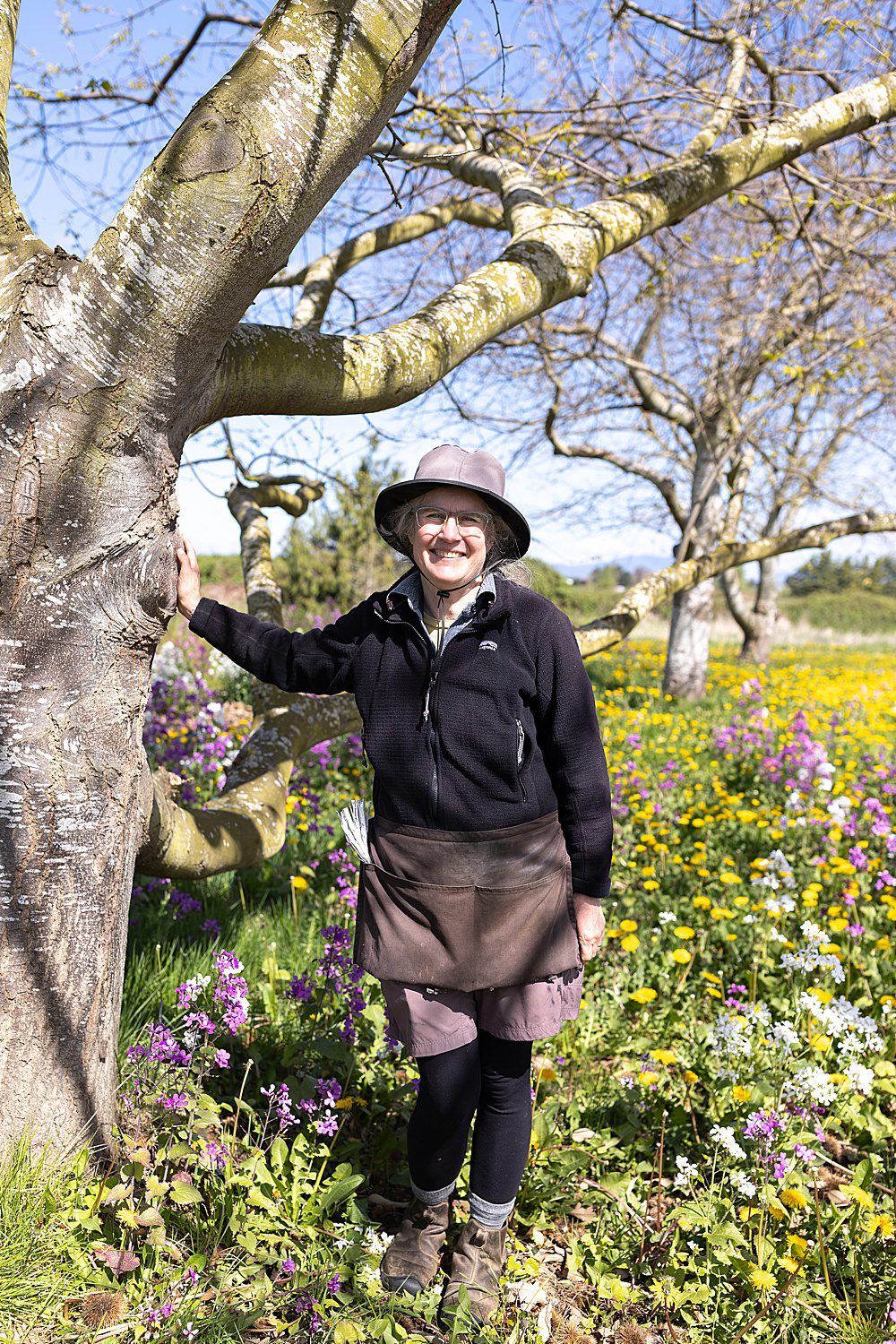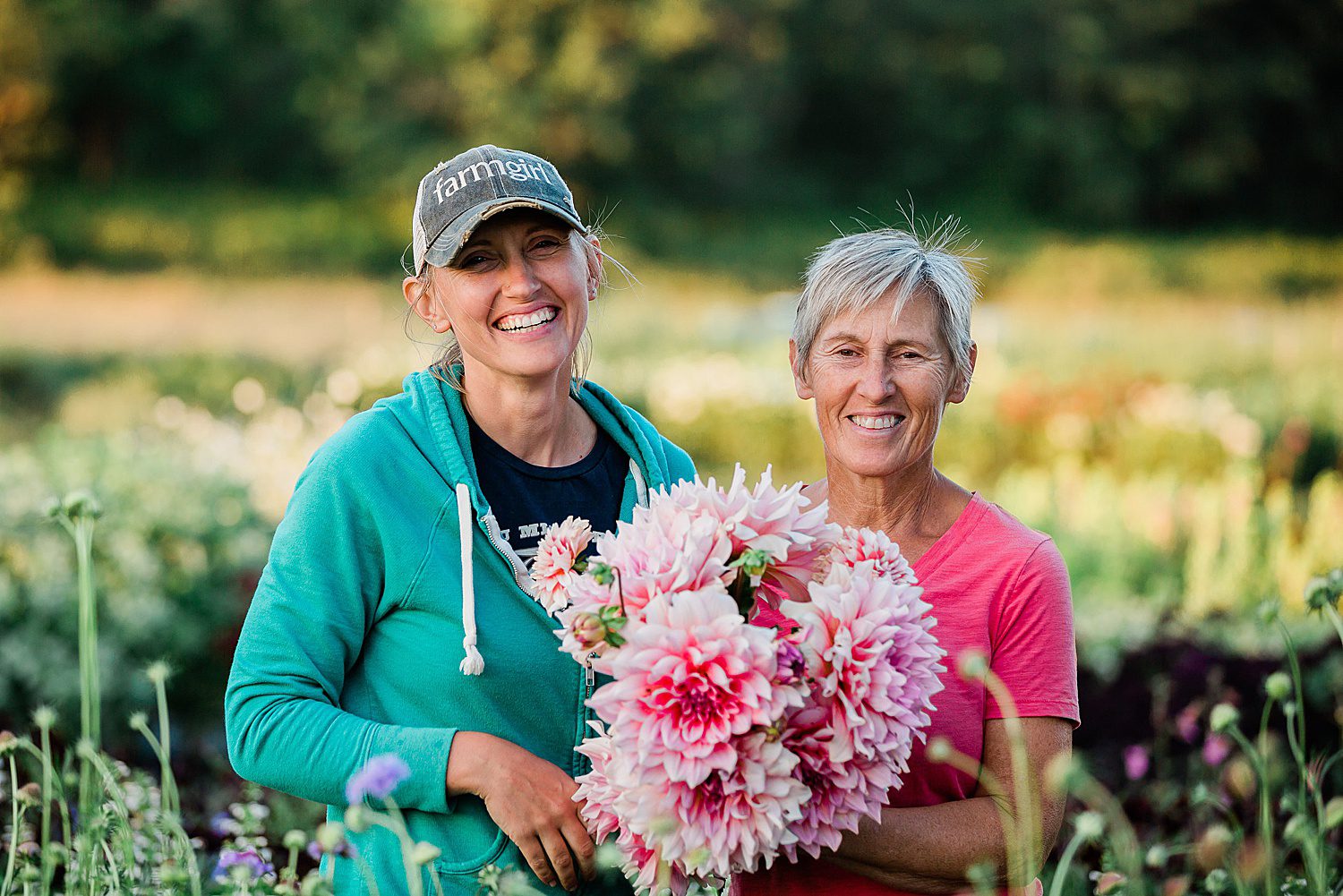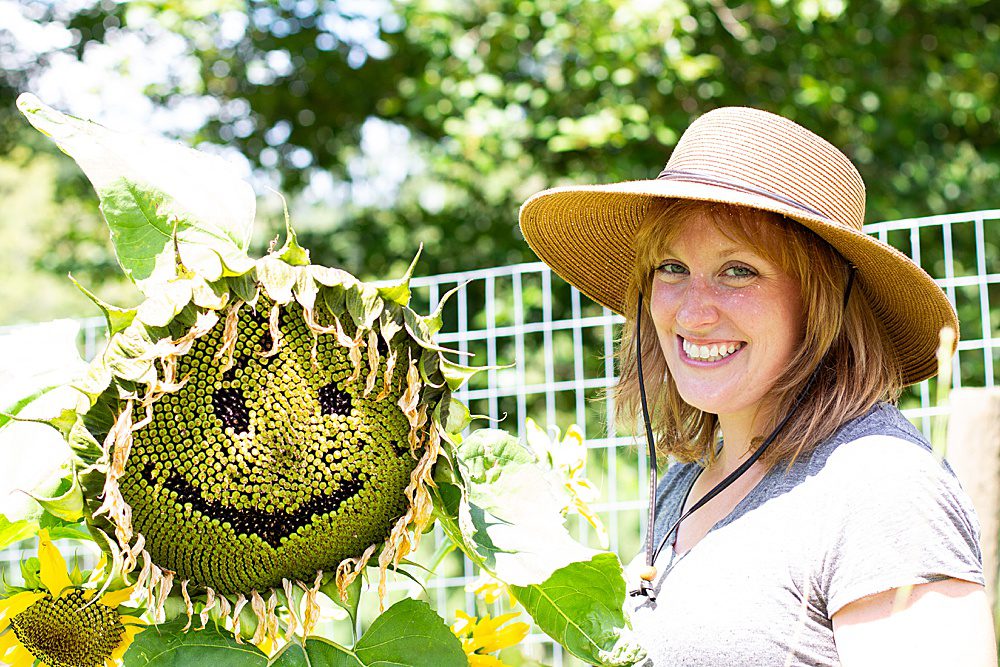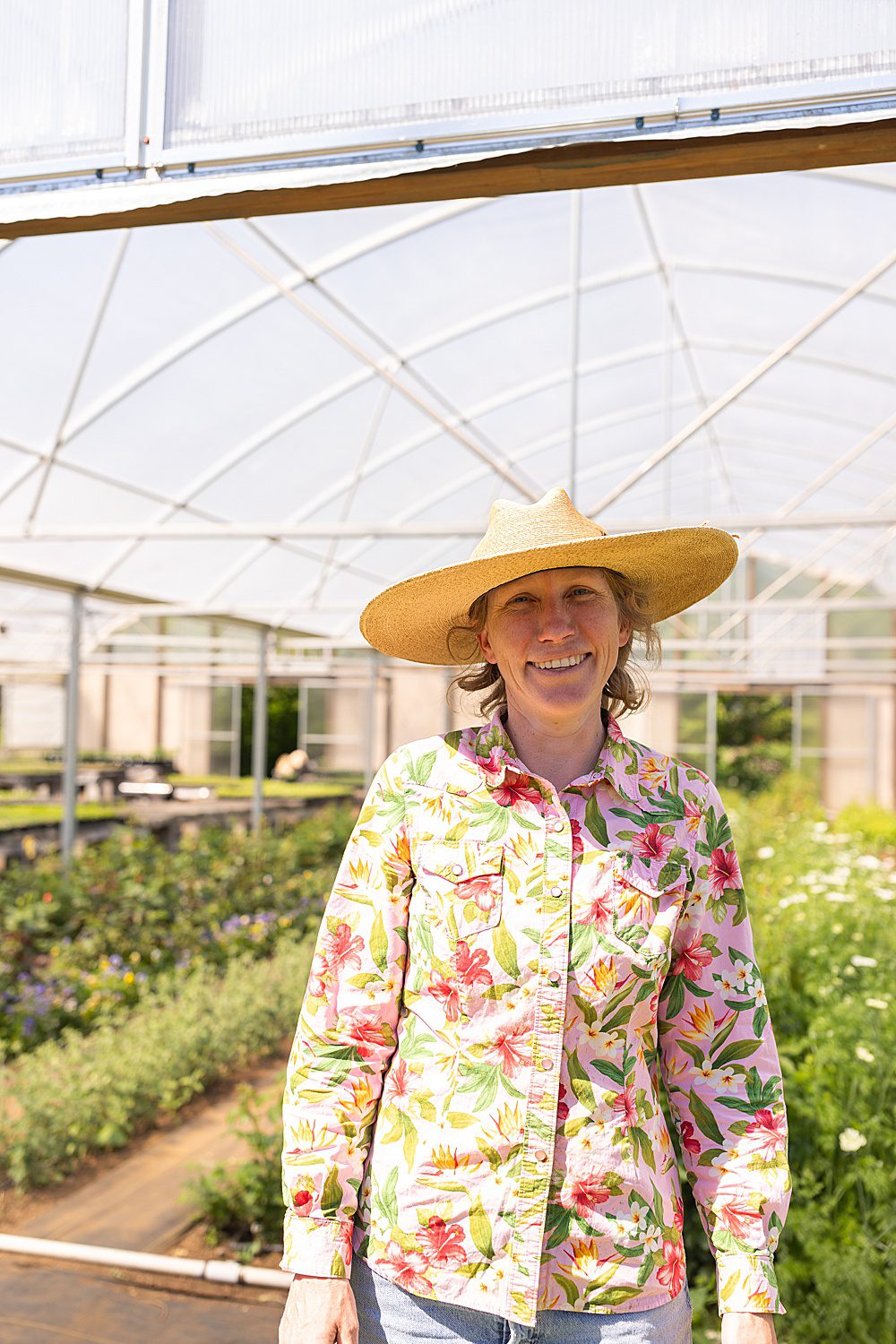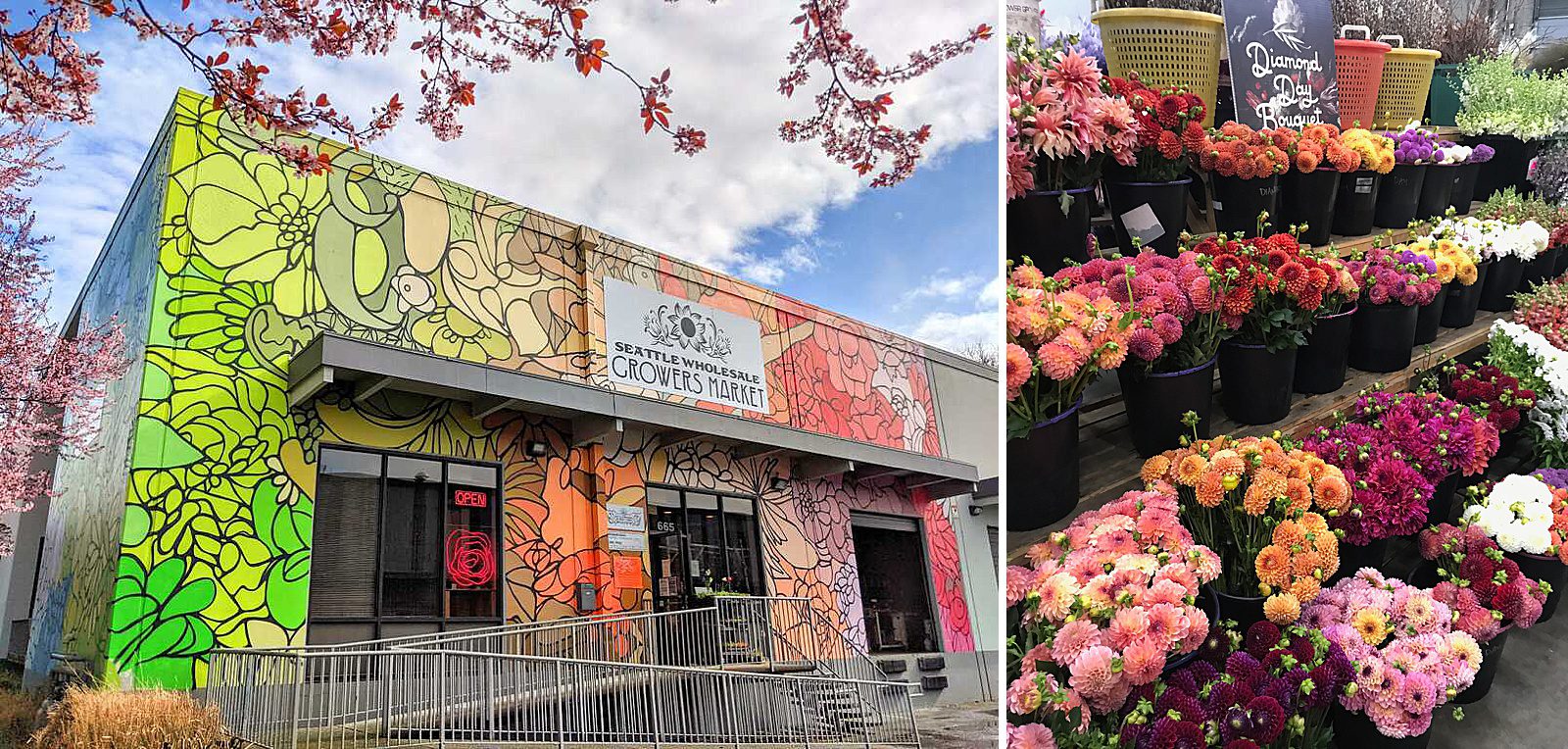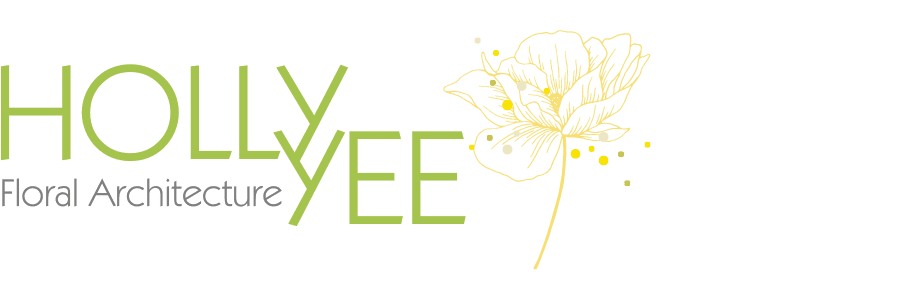
Sustainability
Our sustainability values include reducing our carbon footprint and supporting other small businesses.
Operating a business with the least amount of environmental impact is a core value of ours. But it can be challenging. Designing floral arrangements that don't include disposable items requires careful thought, planning, and sometimes ingenuity. Sorting all the green waste from anything inorganic after events is time intensive and tedious. Eco-friendly materials tend to be more expensive than mass produced conventional products. Buying from local sources can sometimes actually take more time to source than ordering South American flowers Fed Exed to your front door. The commodity of flowers is becoming, like many things in our world - anything you want delivered quickly to your doorstep for the cheapest price possible. But we have to ask ourselves, "What are the true costs of this?"
We care deeply about the environment and all living things on this planet. Below are our floral sustainability efforts in attempting to be the most environmentally conscious we can be. We are always adopting new eco-friendly measures and continually tweaking our design methods to produce less waste. Trying to be better, trying to do better.
Sourcing Locally Grown Flowers
In Washington there are so many amazing flower farms! Because of the high amount of moisture, the rich volcanic soil, and the fact that there are many microclimates, means that western Washington is ideal for flower farming. There are so many varieties of flowers grown here! Delicate flowers that do not transport well are readily available because of the lush landscape. Western Washington is a floral designer's dream!
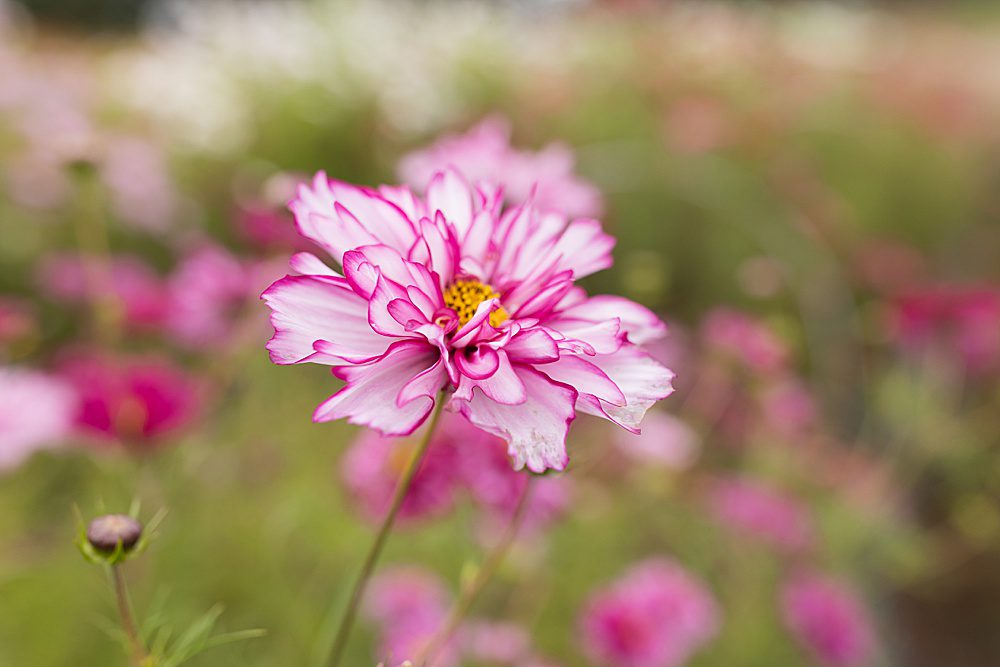
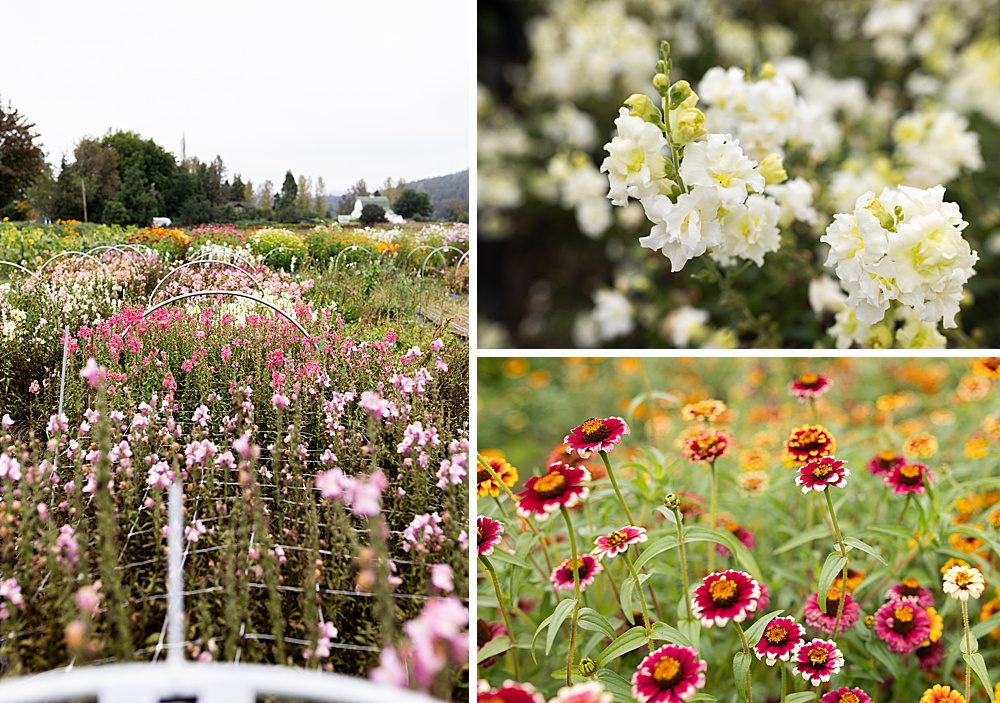
Jello Mold Farm
Diane and her partner, Dennis, have been flower farming for more than 20 years. They own Jello Mold Flower Farm, located up in the Sk agit Valley. Diane and Dennis are deeply passionate about the craft of flower farming and have built a reputation for pristine quality and customer service. Jello Mold grows over 80 different kinds of flowers and foliage, supplying many of the Puget Sound area’s top floral designers.
Flower Farmer Girls
Beth and Carol are the lovely owners of Flower Farmer Girls . The daughter and mother flower farmer team officially started farming and selling flowers in 2018, but have a long history of farming, including dairy, apple, and pumpkin farming. They grow a wide variety of annual and perennial flowers using the best organic practices.
Mossy Gate Flower Farm
Jesalyn started Mossy Gate Flower Farm in 2015. The name for her flower business came about one day while staring at the old farm fence at the rental home where Jesalyn’s flower journey started. The need for a unique name, paired with her love for moss and cottage gardens, was realized upon seeing that gate. Her mountain man partner, as she refers to, then crafted (initially as inspiration) THE Mossy Gate Flower Farm gate – the image you now see depicted in the Mossy Gate logo and in all of Jesalyn’s branding. Mossy Gate Flower Farm strives to use organic, sustainable, and environmentally conscious practices in everything they do. To learn more about Jesalyn visit out blog post about Mossy Gate Flowers Farm!
Free Range Flowers
Free Range Flowers is an organic flower farm located in Bellingham, Washington. Operated by Celeste and her partner, Jay, Free Range Flowers was started in 2016 with their first full growing season in 2017. Celeste and Jay grow a couple hundred different species of flowers, with an emphasis on native plants, native roses, and popular wedding colors. Their flowers are organically grown and rainwater fed. Celeste and Jay believe in feeding the soil, rotating their crops, and treating their crew well.
Seattle Wholesale Growers Market
Several farmers in Washington sell their flowers at the Seattle Wholesale Grower's Market (SWGM). SWGM sources flowers from flower farms in the Pacific Northwest region of the United States, including Washington, Oregon, California, Canada, and Hawaii. The abundance of flowers and foliage they have, especially from April to November, is heavenly. It's a floral designer's playground!
Investing In Locally Made Ceramics
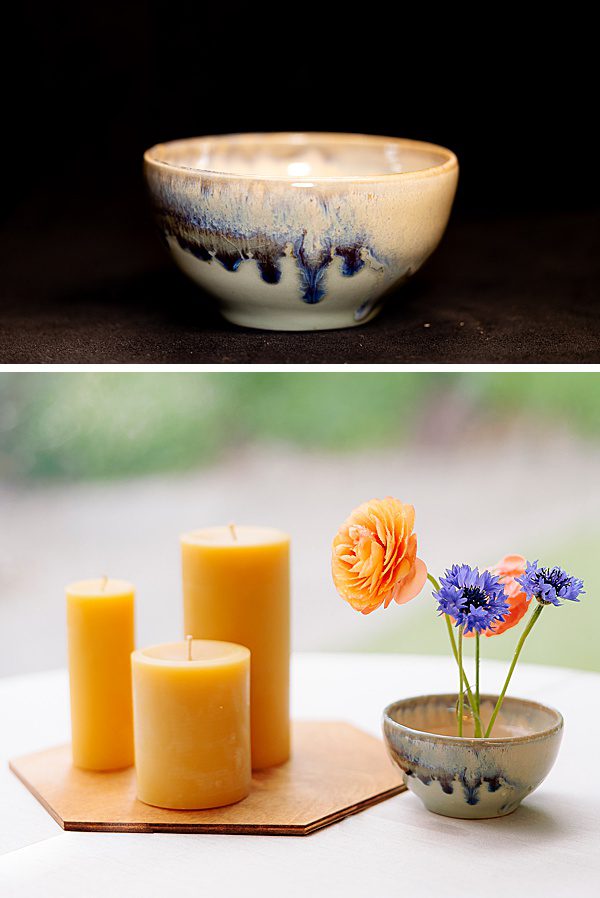
2024 brought the acute awareness of the beauty of locally sourced handmade vases. For the Snohomish Wedding Tour in early June we bought some stunning ceramics from Brunning Pottery to display the table centerpieces in. The pottery is hand-made in Snohomish, is of great quality, and is beautifully glazed.
Investing in local pottery supports other small business and it cuts down on the transportation emissions from sourcing mass produced vases from places like China. Vases from overseas, even with the cost to ship, can often be cheaper than local pottery, but, in our opinion, it is not as good of quality or craftsmanship.
Over time our plan is to expand our vessel collection to include many more vessels made by local ceramists.
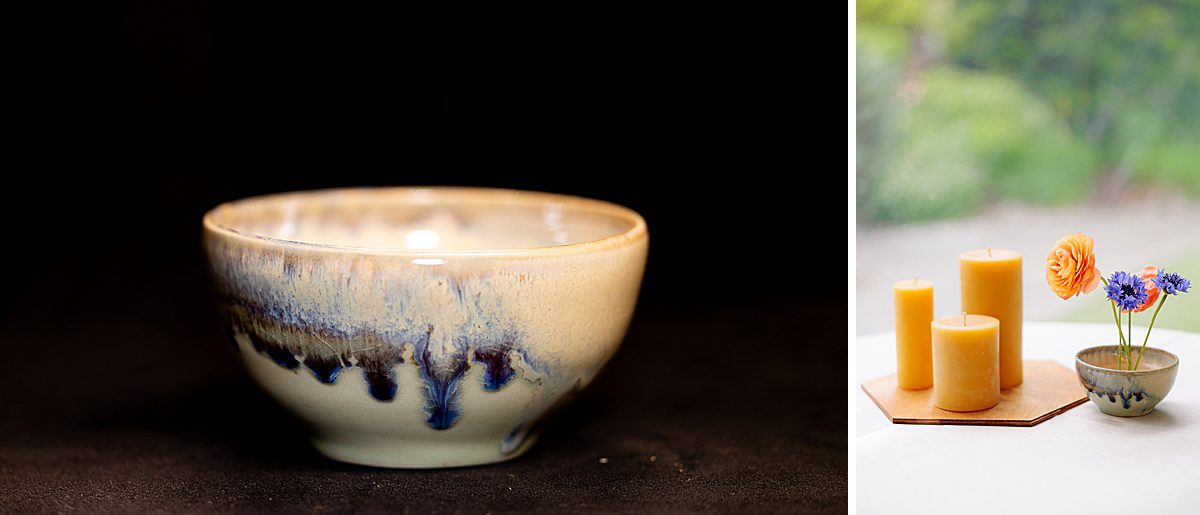
2024 brought an acute awareness of the beauty of locally sourced handmade vases. For the Snohomish Wedding Tour in early June, we bought some stunning ceramics from Bruning Pottery to display the table centerpieces in. The pottery is hand-made in Snohomish, is of great quality, and is beautifully glazed.
Investing in local pottery supports other small business and it cuts down on the transportation emissions from sourcing mass produced vases from places like China. Vases from overseas, even with the cost to ship, can often be cheaper than local pottery, but, in our opinion, it is not as good of quality or craftsmanship.
Over time our plan is to expand our vessel collection to include many more vessels made by local ceramists.
Composting Green Waste
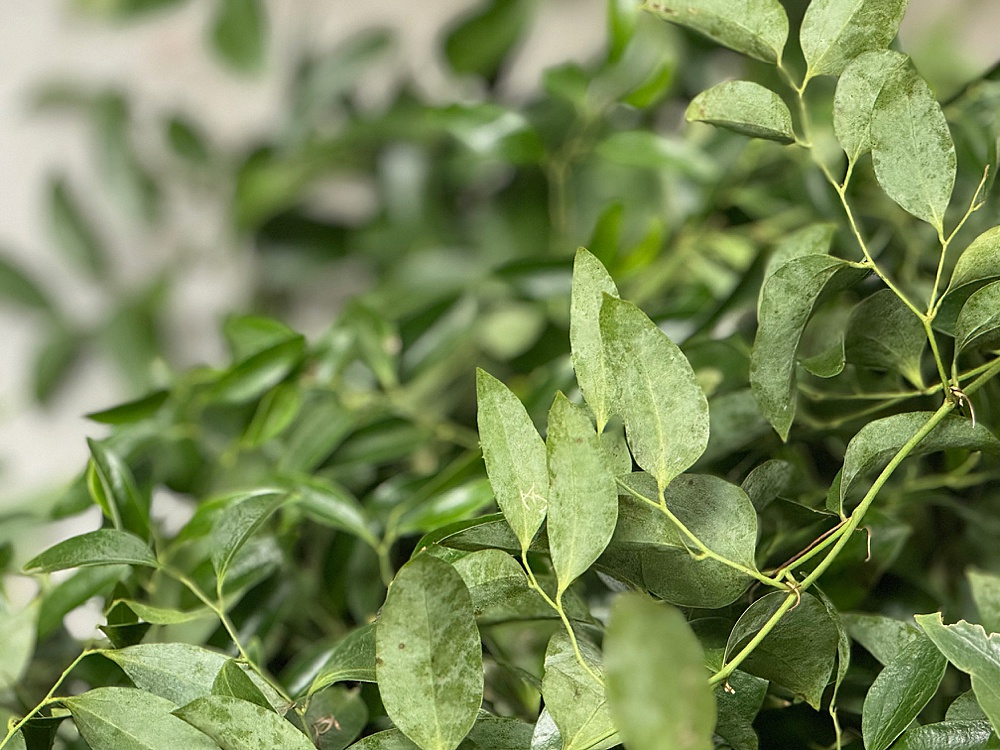
We have composted all the green waste after each event, since 2013. We will salvage what we can for drying and haul the rest home to our personal compost bin, since the commercial complex we operate in does not offer compost services. Composting green waste is very, very important to us.
No Floral Foam & Reusing Materials
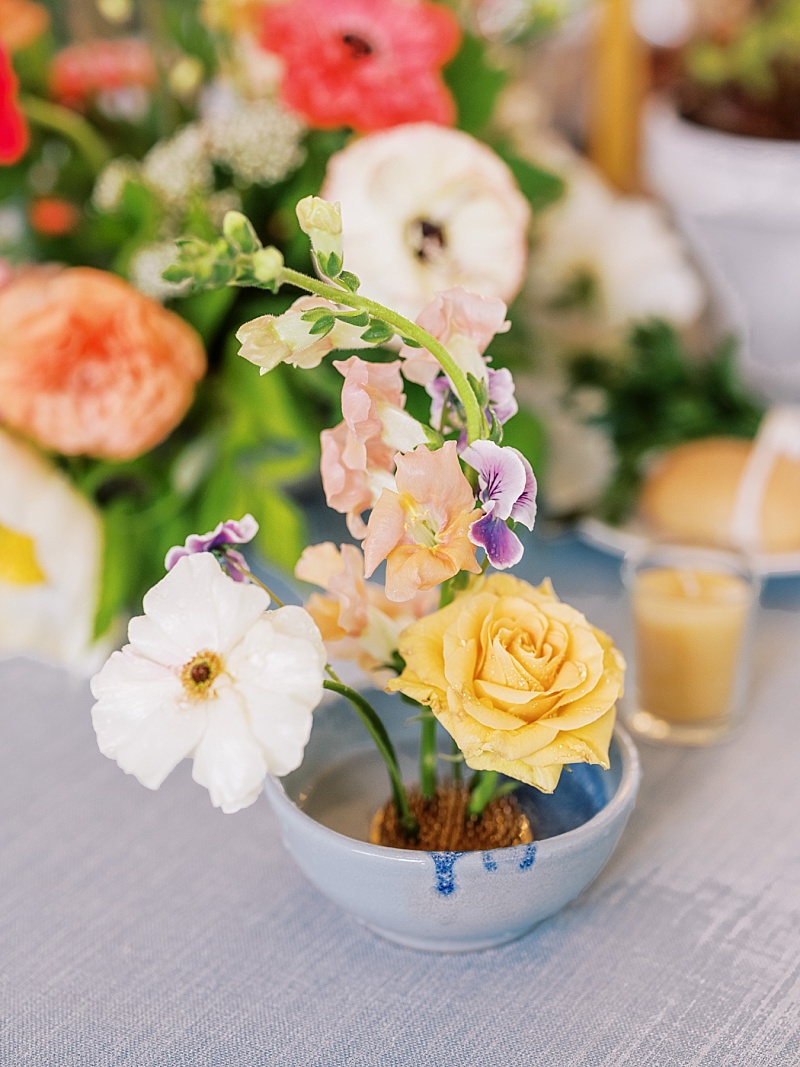
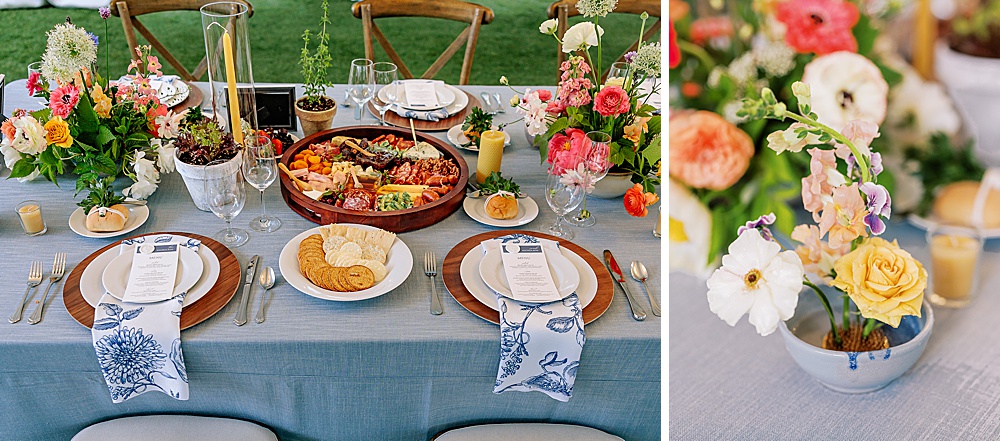
Despite its convenience and durability, floral foam has many environmental downsides. Floral foam is petroleum-based, made up of microplastics, and contains phenol and formaldehyde, two chemicals which are toxic to humans. It never breaks down and gets into our water systems, affecting aquatic life. The microplastics are so fine that they can be inhaled by the florists who handle them before soaking.
Instead of floral foam, we use reusable mechanics like flower frogs, agra wool, chicken wire, and water tubes. Whenever possible, we also wash and reuse materials like putty, pins, magnets, ribbon, and paddle wire.
Membership with Emerald Hour
In 2023 we joined the community of wedding professionals that are passionate about the environment and sustainability, through our membership with Emerald Hour. Emerald Hour's mission is to inspire and empower wedding professionals to create more sustainable events in the Pacific Northwest. They create tools and share best practices to foster more sustainable businesses.
We are part of the Emerald Hour planning committee, which meets at our studio to discuss upcoming events, member involvement, and sustainability practices.
Are you looking for sustainable floral arrangements? Let's collaborate!
